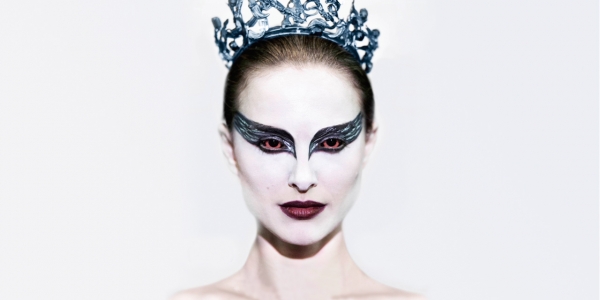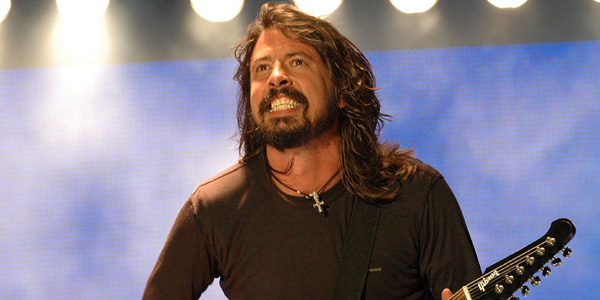Just as his lead character does, Darren Aronofsky’s presumably strived for perfection with Black Swan.
Just as his lead character does, Darren Aronofsky’s presumably strived for perfection with Black Swan. It’s not too spoilerish to say both earn their wings by film’s end.
An expose into the cutthroat world of professional ballet with a side serve of the kind of quirky, indecipherable psychological pirouette that David Lynch specializes in, Black Swan is the mysterious emo kid at school – different, mystifying, strangely intimidating but mostly, unaided.
There’s no need to go into great specifics about the plot, since it’s one, not unlike Lynch’s Mulholland Drive or Lost Highway, that’s left to the respective cinemagoer to decipher and digest on their own – and, to be honest, I don’t want to, the film’s exceptional yarn needs to be discovered rather than dictated.
In short, Black Swan fixes on a young, determined and super-stressed (a common trait of the ballerina) dancer named Nina Sayers (Natalie Portman), who is cast in the role of the White Swan in a stage production of Black Swan.
Determined to play the role of the Swan Queen, and out to prove she can do a masterful job of it, the fragile Nina slowly lets go of herself and reality in her quest for perfection.
While sleazy director Thomas (Vincent Cassel) tries to help Nina get a grasp on the character, and Nina struggles to, er, pick a personality, our Swan takes to Lily (Mila Kunis), a new addition to the ballet company who serves as Nina’s dark double. Jealous of her new friend’s confidence and sexiness, Nina starts to consume Lily like a fat kid does Coke.
Not unlike Aronofsky’s previous film The Wrestler, Black Swan tells the somewhat alarming but also cheering tale of someone who is willing to trade life for their career; though there’s a lot more that Aronofsky’s saying here too – he touches on the extreme pressure that parents can sometimes put on their children (Barbara Hershey, as Nina’s mother, has pre-programmed her daughter into believing ballet is everything), also the theme of rejection, which plays a huge part, and those that struggle with self-esteem might also pick up some tips found in Mark Heyman, Andrew Heinz, and John McLaughlin’s screenplay.
Aronofsky likely deserves points for helping her find the character (just as Thomas does Nina in the film) but Natalie Portman is inarguably brilliant here. This is a career-defining role for the Star Wars beauty. Giving her bravest and most uninhibited performance to date, the petite beauty immerses herself in the role of Nina, offering up one of the most memorable performances by a screen actress in recent history. The Oscar is hers.
A sexy, disconcerting but ultimately beautiful portrait of a woman who’ll do anything for her art, Black Swan swims circles around the competition.







